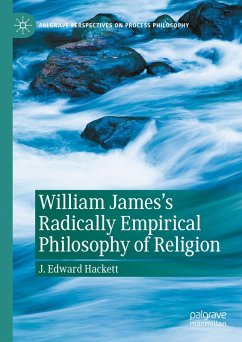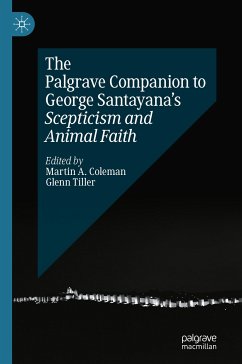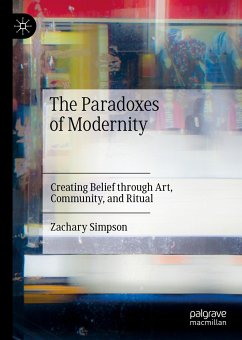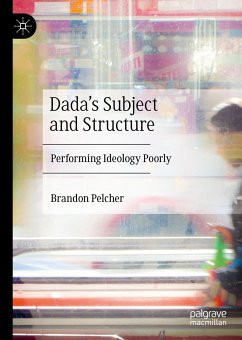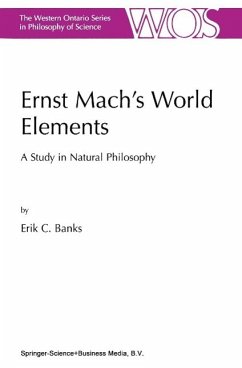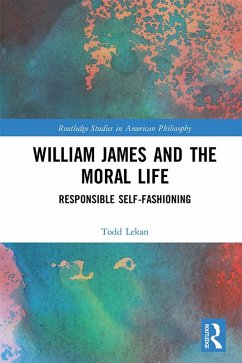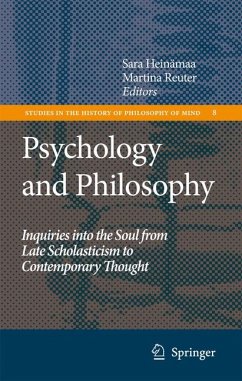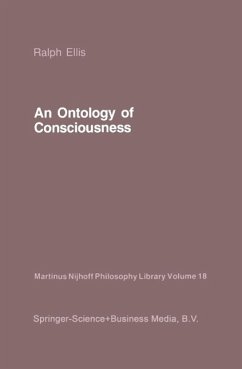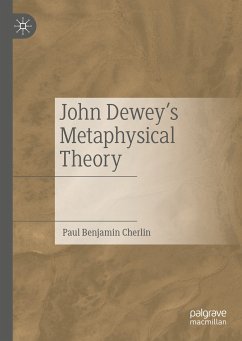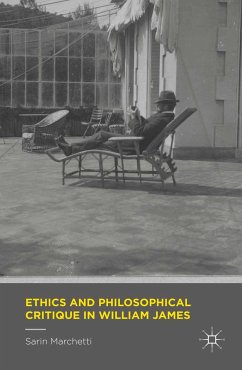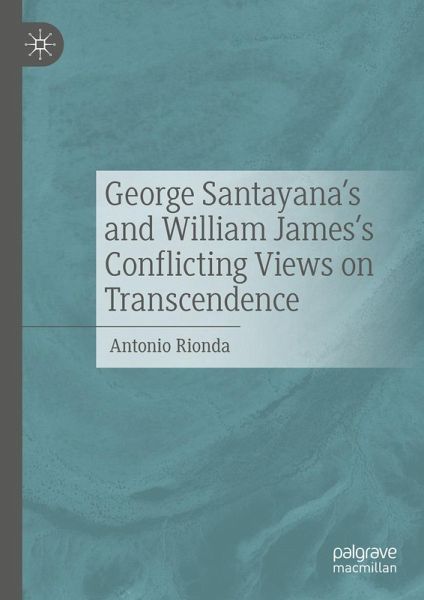
George Santayana's and William James's Conflicting Views on Transcendence (eBook, PDF)
Versandkostenfrei!
Sofort per Download lieferbar
104,95 €
inkl. MwSt.
Weitere Ausgaben:

PAYBACK Punkte
52 °P sammeln!
This book studies the philosophical work of George Santayana and the nature of his work's relationship with that of American philosopher William James. James is consistently dismissive of "the 'all is vanity' state of mind," which arguably represents the opposite of America's activist, progressive ideals. The Spanish Santayana made the overcoming of vanity, or detachment central to his "vital philosophy," which he had to gradually "disentangle" from the forces he found at work in America. This book, then, traces Santayana's intricate response to James, from its earliest expression in Interpret...
This book studies the philosophical work of George Santayana and the nature of his work's relationship with that of American philosopher William James. James is consistently dismissive of "the 'all is vanity' state of mind," which arguably represents the opposite of America's activist, progressive ideals. The Spanish Santayana made the overcoming of vanity, or detachment central to his "vital philosophy," which he had to gradually "disentangle" from the forces he found at work in America. This book, then, traces Santayana's intricate response to James, from its earliest expression in Interpretations, to his later Realms. Rather than attempt to arrive at a final interpretation of either one's philosophy, Antonio Rionda emphasizes what James refers to as the hotspot of each one's thinking: James's is best described as positivistic Existentialism, and Santayana's as phenomenological intuitionism. Santayana's post-Hegelian approach to doing philosophy allows for him to incorporate James's major insights into his own thinking. The problem of how psychology relates to philosophy led Santayana to posit literary psychology as an alternative to its scientific variety, which once disentangled from James's psychologism, represents the greatest virtue of James's thinking.
Dieser Download kann aus rechtlichen Gründen nur mit Rechnungsadresse in A, B, BG, CY, CZ, D, DK, EW, E, FIN, F, GR, HR, H, IRL, I, LT, L, LR, M, NL, PL, P, R, S, SLO, SK ausgeliefert werden.



